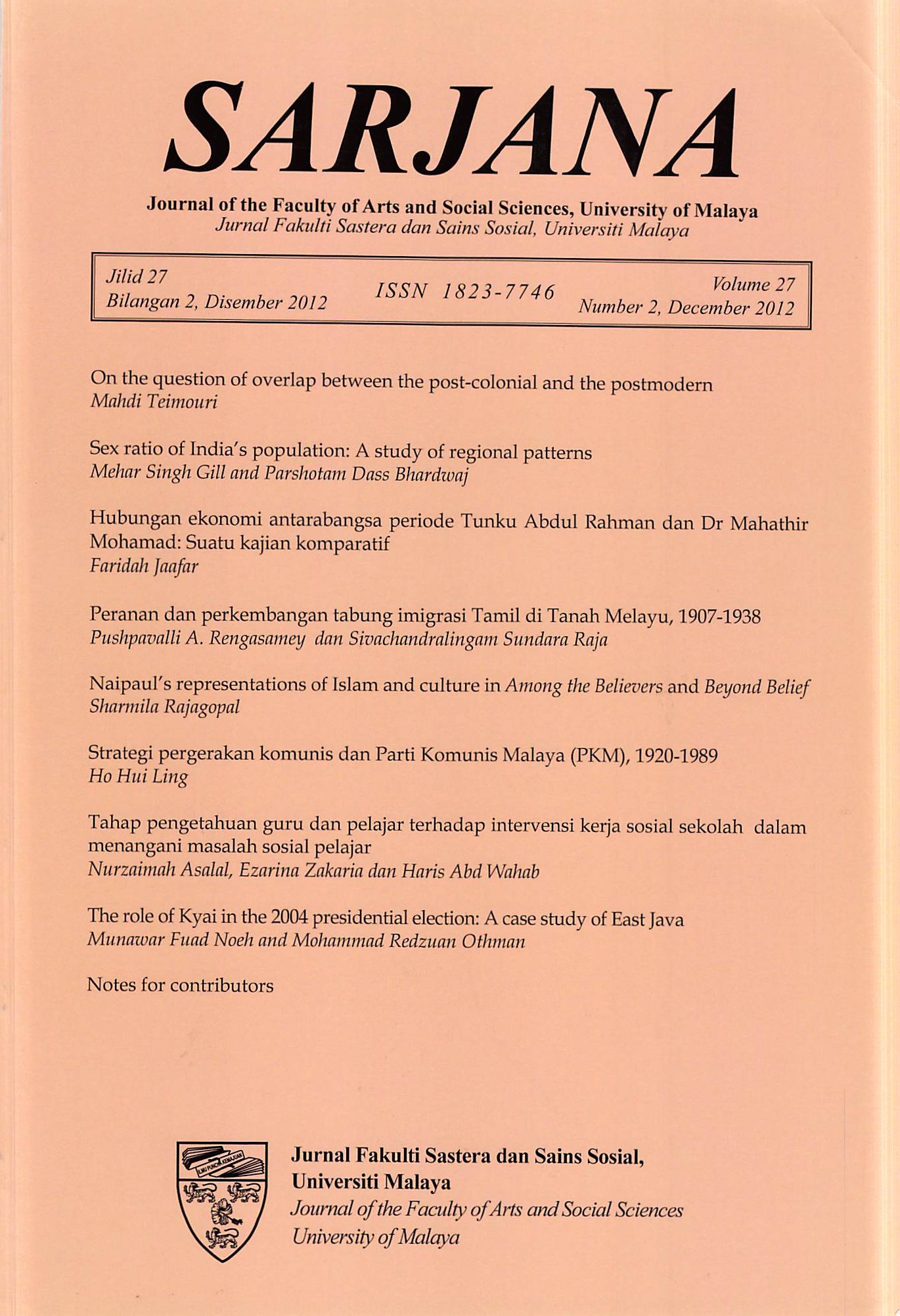NAIPAUL’S REPRESENTATIONS OF ISLAM AND CULTURE IN AMONG THE BELIEVERS AND BEYOND BELIEF
Main Article Content
Abstract
V.S. Naipaul has often been under criticism for his dark, pessimistic and sometimes brash portrayals of Third World countries, specifically postcolonial societies like India, Trinidad, Africa and even South America. He has been critiqued for these same reasons for his Islamic travelogues, Among the Believers: An Islamic Journey (1981) and Beyond Belief: Islamic Excursions Among the Converted People (1998). It is the aim of this article to show how Naipaul’s multiple roles as a traveller, travel writer, an ethnographer, an intellectual, an interpreter, a narrator, and a Western representative, together with his new literary style that is a fusion between ethnographic and travel writing, play a crucial part in his interpretation and representation of foreign cultures. It is concluded that Naipaul’s portrayals are undertaken with a moral and social responsibility of representing those subaltern peoples who are without a voice, which arises from his own experiences as a colonial subject.

